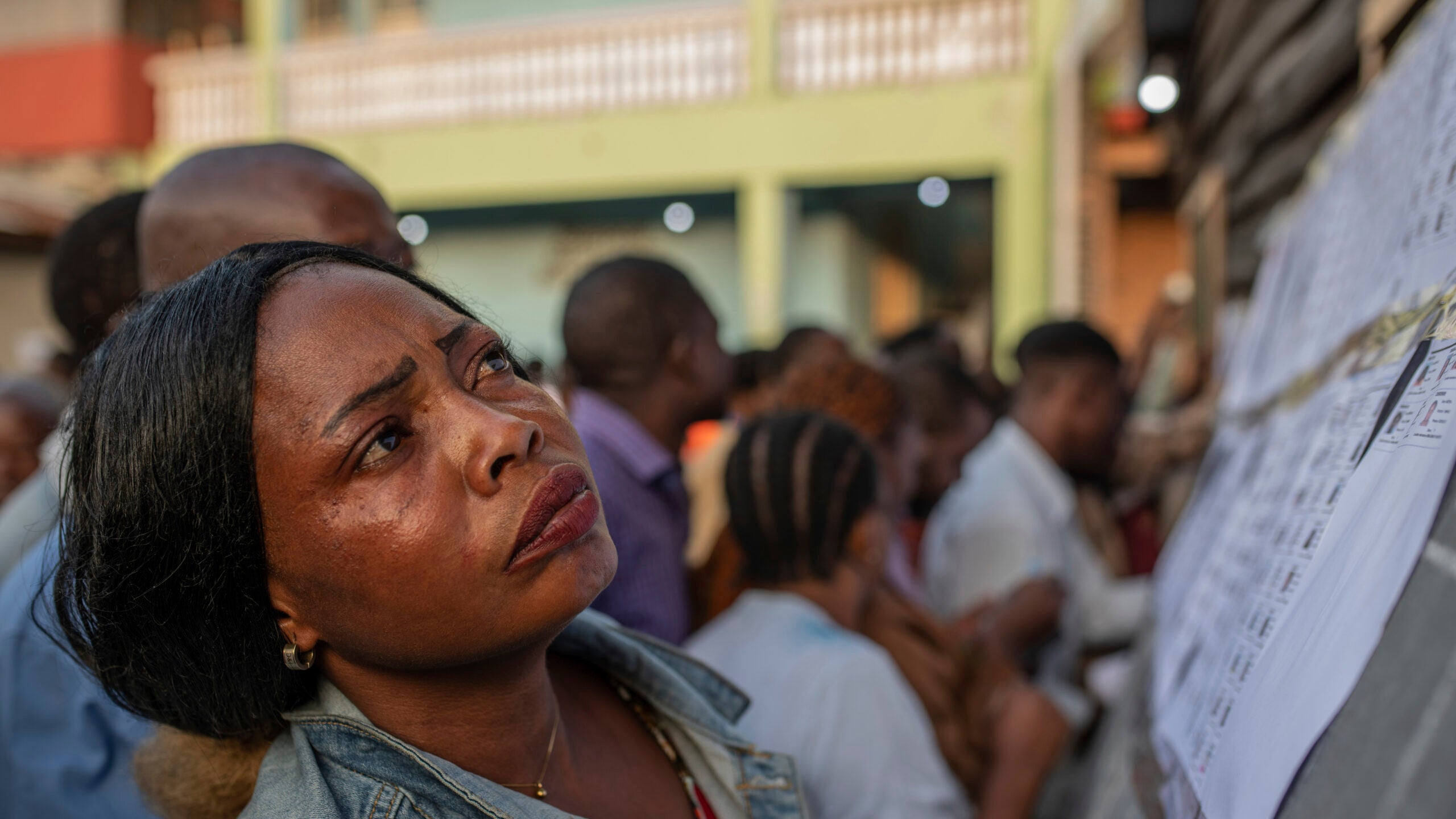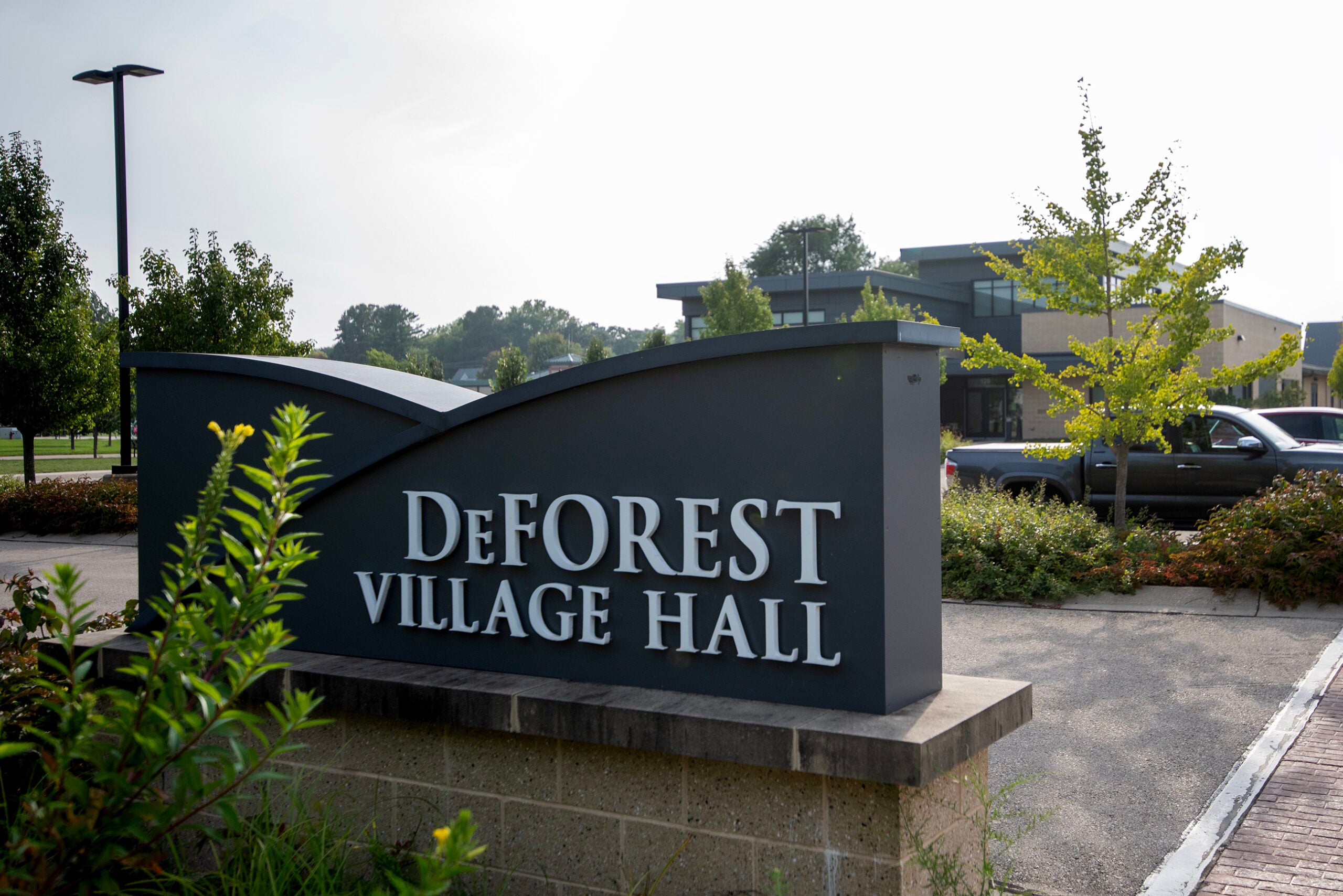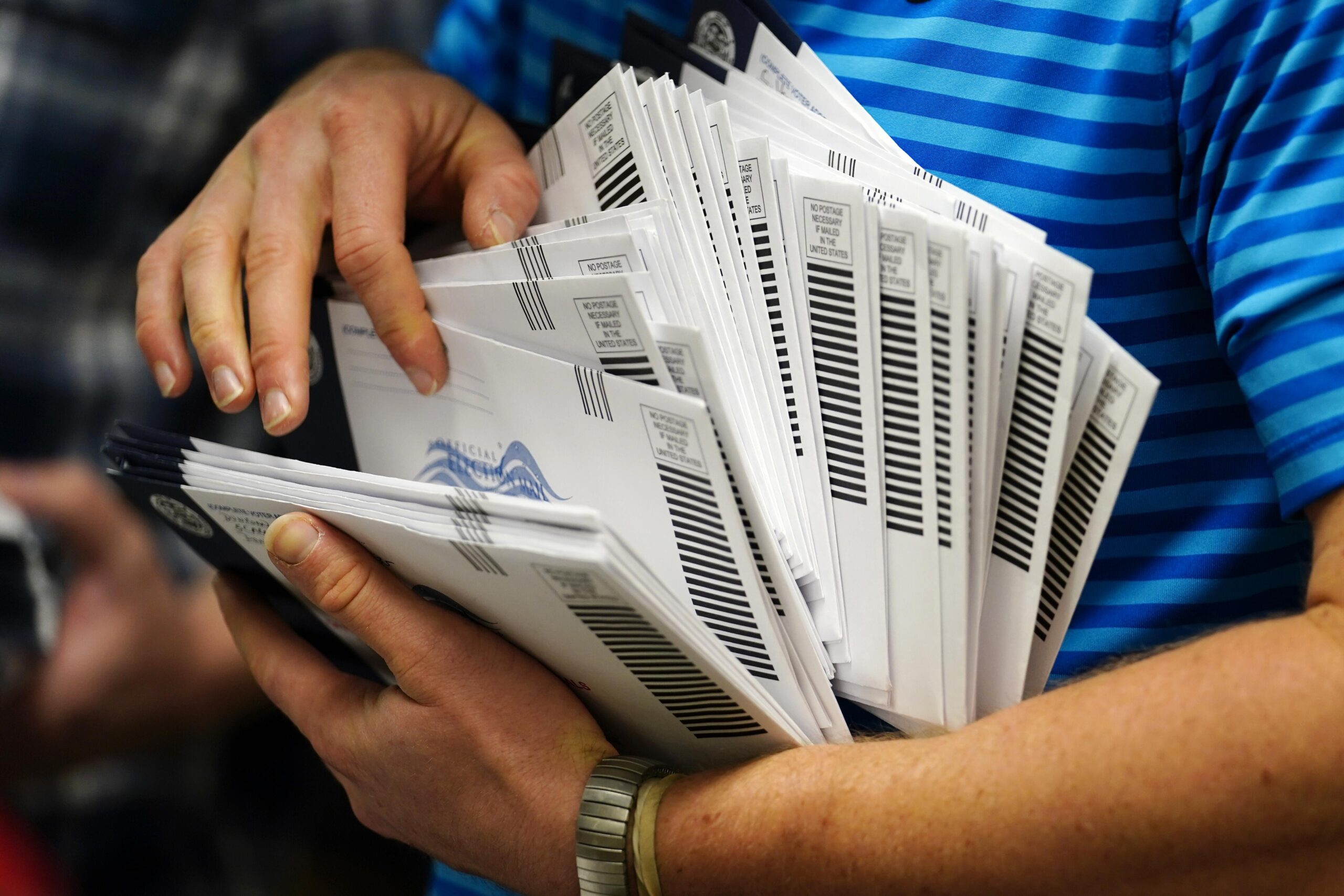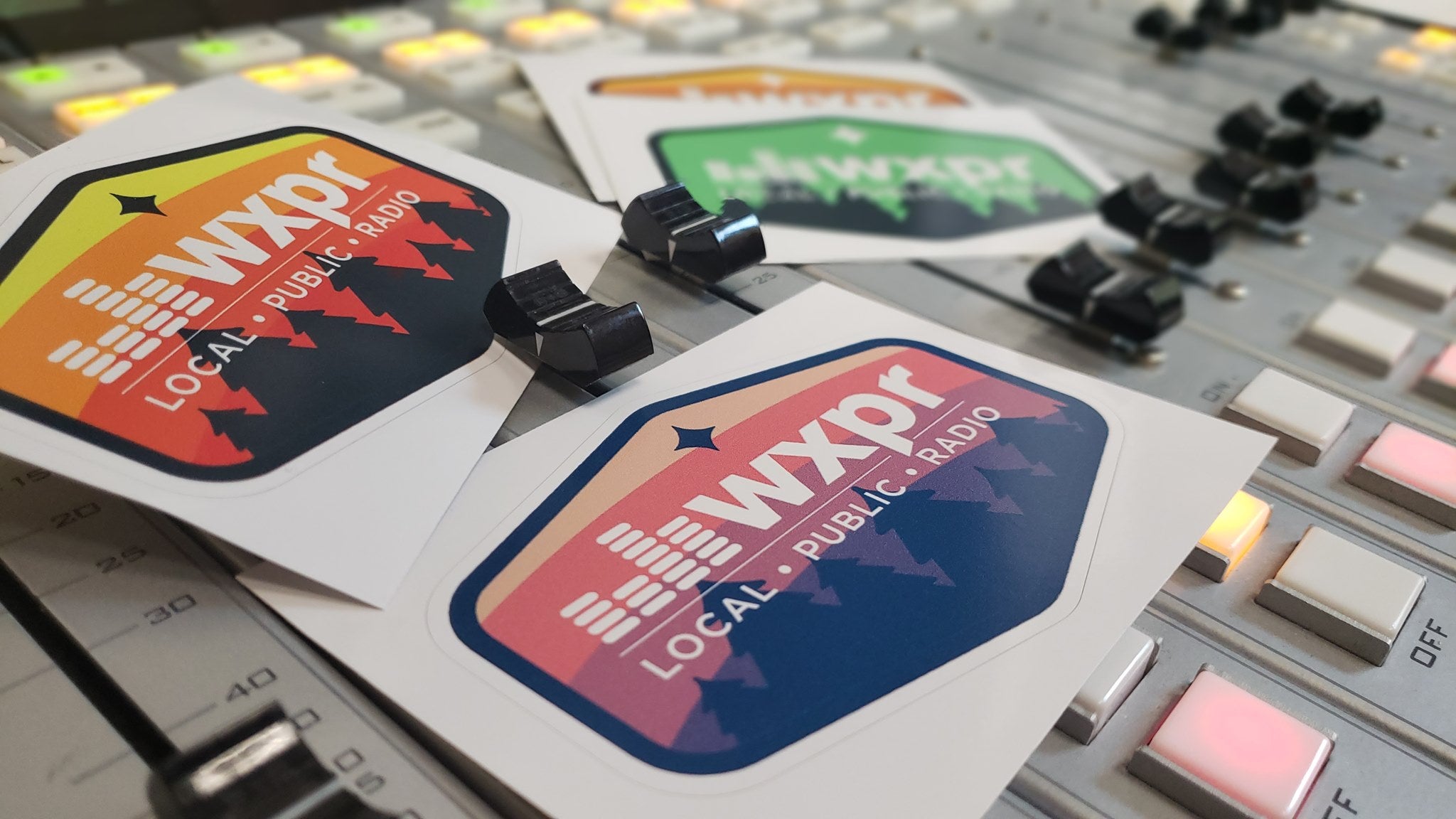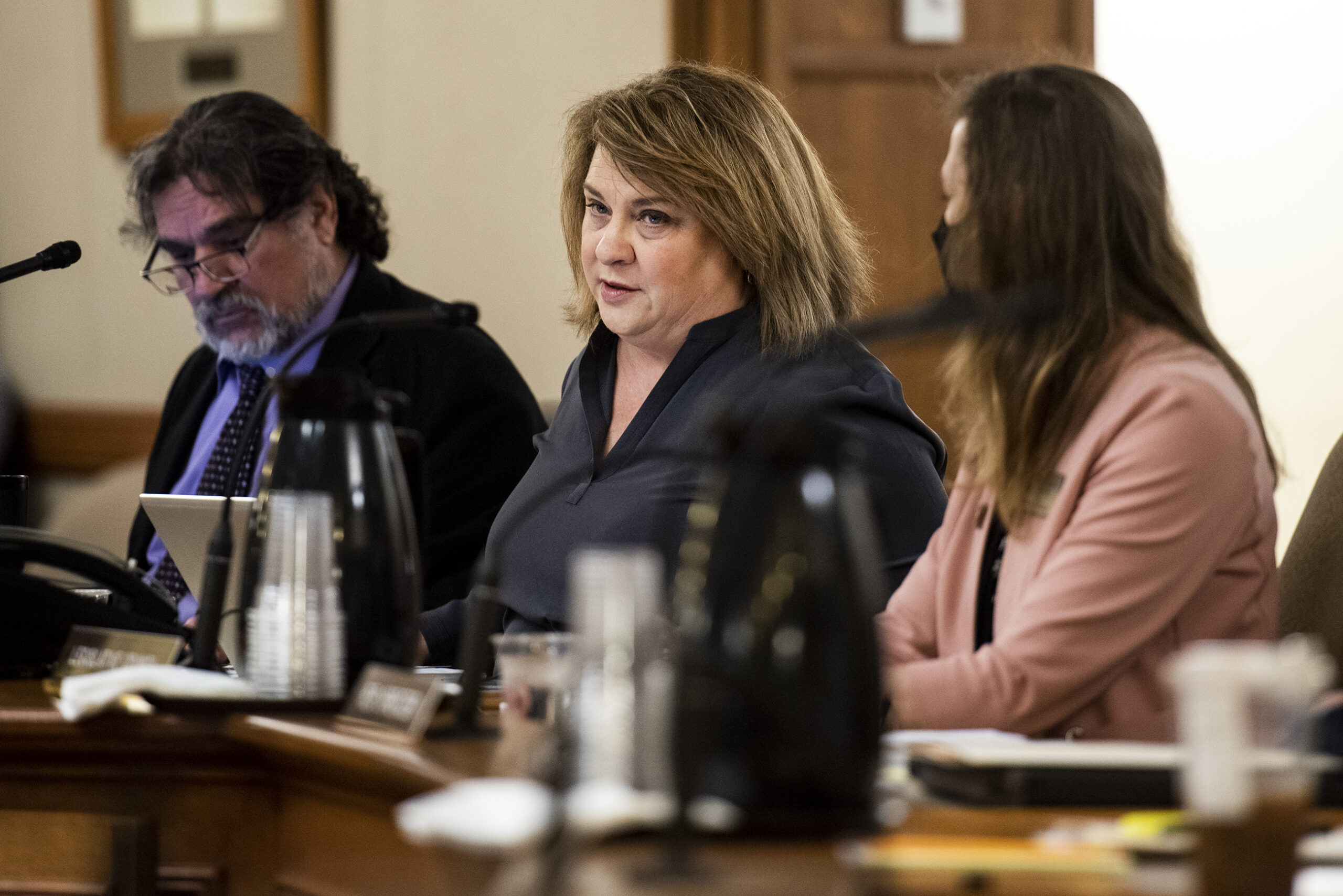KINSHASA, Congo — Congo headed to the polls Wednesday to vote for president as authorities scrambled to finalize preparations in an election facing steep logistical and security challenges, and voting starting nearly 2 1/2 hours late.
Some 44 million people — almost half the population — were expected to vote, but many, including several million displaced by conflict in the vast country’s east, could struggle to cast their ballots. The fighting has prevented 1.5 million people from registering to vote.
Voter Raymond Yuma in the capital of Kinshasa said he’s voting for hope. “When you wake up in the morning you’re hoping for good things, good work, and I want security,” said Yuma. He sat beside three other people on a bench waiting in line for the doors to open. None of their voting cards were legible.
News with a little more humanity
WPR’s “Wisconsin Today” newsletter keeps you connected to the state you love without feeling overwhelmed. No paywall. No agenda. No corporate filter.
In eastern Congo, people said they weren’t finding their names on voting lists.
“The voters displayed on lists at the polling station are fewer than those who are lining up. I can’t find my name on the list and this could cause scuffles here because I also want to vote,” said Jules Kambale at a polling station in Goma.
Waiting for polls to open during the more than two-hour delay, people grew agitated and began arguing, particularly in the capital.
Both outside observers and locals have warned of challenges that could affect the credibility of the vote in one of Africa’s largest nations and one whose mineral resources are increasingly crucial to the global economy.
On the eve of the vote, some polling stations in Kinshasa told Associated Press journalists they were still waiting for materials. Thousands of stations, particularly in remote areas, might still not have what they need on Wednesday.
A major concern is that ink on voting cards has smudged, making many illegible. That means people could be turned away from polling stations. In addition, the voter registration list hasn’t been properly audited.
“The organization of the elections raises lots of doubt regarding the credibility, the transparency and the reliability of the results,” said Bienvenu Matumo, a member of LUCHA, a local rights group.
A candidate needs a majority of votes in the first round to win.
President Felix Tshisekedi seeks his second and final five-year term, running against about 20 other candidates. His main rival appeared to be Moise Katumbi, the former governor of Katanga province and a millionaire businessperson whose campaign in 2018 was thwarted by the previous regime of former President Joseph Kabila.
But the opposition remains fractured, making Tshisekedi the likely favorite.
The son of a late, popular opposition figure, he has spent much of his presidency trying to consolidate power over state institutions and working to overcome a crisis of legitimacy after a contested election five years ago.
Some voters didn’t want to disclose who they were backing, but Kinshasa is a Tshisekedi stronghold.
“He’s someone who’s done a lot of things for the country … he’s fought for democracy,” said business owner Joseph Tshibadi. Even though Tshisekedi hasn’t succeeded in quelling violence in the east, Tshibadi is willing to give him more time.
“The beginning is always hard,” he said.
After waiting for nearly three and a half hours, Tshibadi was the first person to vote at a school in the capital. He said voting was easy, and he voted for Tshisekedi because he wants to give him another five years to try and improve the security situation.
“I feel very happy, because I voted for my candidate, and I think he’s going to win with 90%,” he said.
The election commission says it has made changes in the process to make it more credible, spending more than $1 billion on the vote since planning began two years ago. A key change from 2018 is that results from each of the 75,000 voting stations will be released one at a time, rather than being announced in bulk.
But given the logistical challenges, locals and analysts said the vote likely will be extended past Wednesday.
The results that should determine the winner should be the manual ones rather than the electronic count, said Rev. Eric Nsenga, a coordinator for the joint electoral observation mission between the Church of Christ for Congo and the Congolese National Episcopal Conference. He also warned against publicly releasing partial results as they are compiled in case it inflames tensions.
Already, some observers have alleged that the process has been far from transparent.
On Monday, the East African Community said its election observer mission was not granted access to Congo by authorities. Last month, the European Union canceled its observation mission after Congolese authorities did not authorize the use of satellite equipment for its deployment.
The vote is taking place as violence surges in eastern Congo, where more than 120 armed groups are fighting for power and resources or to protect their communities. They include the resurgence of M23 rebels, allegedly backed by neighboring Rwanda, which denies it.
9(MDAyMjQ1NTA4MDEyMjU5MTk3OTdlZmMzMQ004))
© Copyright 2026 by NPR. To see more, visit https://www.npr.org.9(MDAyMjQ1NTA4MDEyMjU5MTk3OTdlZmMzMQ004))
